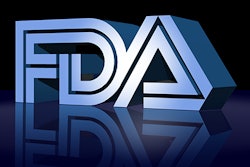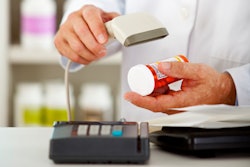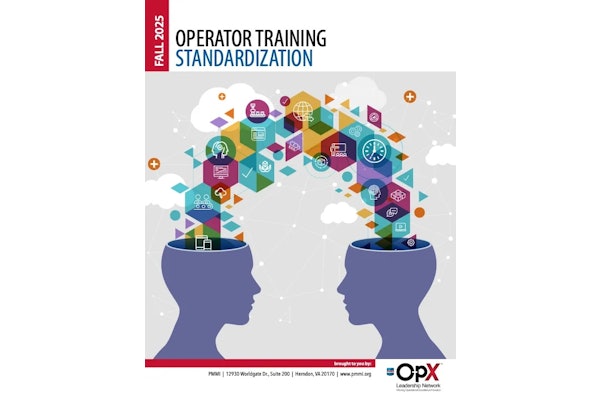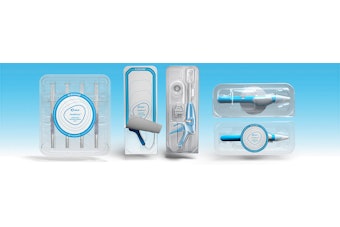LAWS
For reasons that are still unclear, unidentified scammers are sending some individuals fake FDA Warning Letters.
FDA Warning Letters, in which the agency enumerates alleged legal and regulatory violations, are its most common enforcement activity. Though Warning Letters have no financial or other penalties attached to them, they threaten more serious actions, such as product seizure, injunction against sales, or even criminal prosecution, if the recipient doesn’t fix what FDA says is wrong and let the agency know what they’re doing within 15 business days.
FDA reassured the public on June 13 that the agency isn’t issuing these counterfeit letters, and asked consumers to let it know if they receive similar fake Warning Letters, to better allow law enforcement authorities to investigate. FDA also reminded consumers that there are lots of dangers associated with online buying of drugs, which they say are sometimes “counterfeit, contaminated, expired or otherwise unsafe.”
EFFECT
At least two things make these weird-sounding fakes even weirder:
First, the letters are addressed to individuals, specifically individuals who have purchased medicine online or by phone. FDA typically sends Warning Letters to companies such as makers or distributors of violative products, or to proprietors of websites selling what appear to be violative products, but not to consumer users.
Second, this isn’t much of a scam, at least not so far. Because legitimate Warning Letters don’t come with a dollar amount penalty, it’s not clear what the scammers are trying to get the recipients to do. These letters are not like fake Internal Revenue Service phone messages in which the scammer tells the taxpayer the only way to avoid trouble is to send them X dollars right away.
Consumers run some risks associated with online purchases, FDA says, but what that has to do with these fakes isn’t at all clear. FDA says, “Most illegal online pharmacies lack adequate safeguards to protect personal and financial information and some intentionally misuse consumers’ information. These websites may infect computers with viruses or sell consumers’ personal information to other illegal websites and internet scams. If a consumer buys medicine from an illegal online pharmacy, they also risk being harassed by repeated emails and phone calls or being charged for products they never ordered or received.”
My theory: The scammer is an overly zealous government regulator acting out of a sincere but misguided motivation to accomplish the agency’s mission of thwarting illegal online sales.
INFORMATION ONLY. NOT LEGAL ADVICE.






















